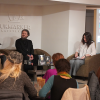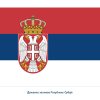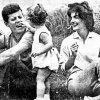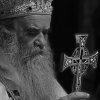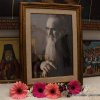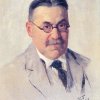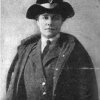На Станфорд листи 15 крагујевачких научника
Крагујевац – По оцени организације „Тајмс хајер едукејшен”, која од 2004. вреднује рад најутицајнијих научнообразовних установа у свету, Универзитет у Крагујевцу је најбољи српски универзитет у 2022. години. Међу 1.800 универзитета које бодује ТХЕ, Крагујевачки универзитет је сврстан у групу високошколских установа које се налазе између 501. и 600. места.
ТХЕ вреднује рад у областима наставе, истраживања, преноса знања и међународне перспективе, а Универзитет у Крагујевцу је већ четири године високо позициониран и на Шангајској листи 500 најбољих универзитета, на којој се, пре свих захваљујући професорима математике и истраживачима на пољу клиничке медицине, налази између 201. и 300. места.


